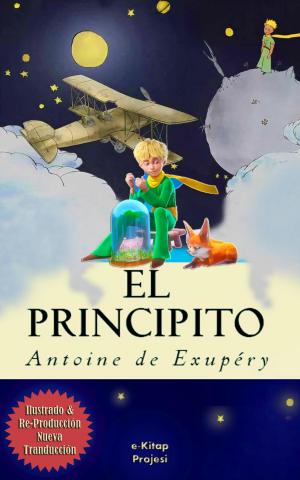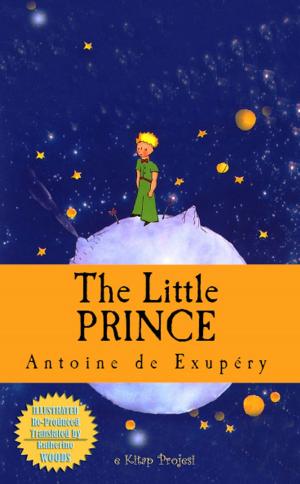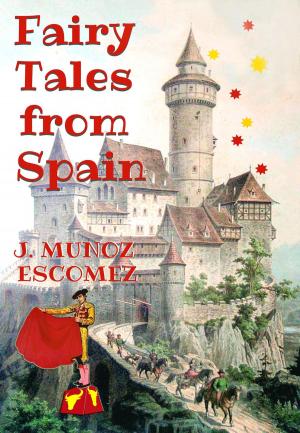| Author: | Austin Hall | ISBN: | 9786052259337 |
| Publisher: | Cheapest Books | Publication: | January 22, 2018 |
| Imprint: | Cheapest Books | Language: | English |
| Author: | Austin Hall |
| ISBN: | 9786052259337 |
| Publisher: | Cheapest Books |
| Publication: | January 22, 2018 |
| Imprint: | Cheapest Books |
| Language: | English |
Austin Hall (c. 1885 - 1933) was an American short story writer and novelist. He began writing when, while working as a cowboy, he was asked to write a story. He wrote westerns, science fiction and fantasy for pulp magazines.
The story opens on an oppressively hot day with a poor little newspaper boy, Charley, playing with a "burning glass" (a magnifying glass) which he uses to concentrate sunlight onto a small focal spot, thus intensifying the heat on some paper until it burns a hole, perhaps a portent of things to come. He is noticed by a recluse scientist, Dr. Robold, who takes interest in Charley's scientific curiosity and calls him a young Archimedes, referring to the ancient Greek who, as legend tells, used a "burning glass" from shore to set enemy ships ablaze as they were approaching. Charley has no parents to care for him. Dr. Robold takes Charley away from his pitiful life, to a mountain retreat in Colorado.
Years later, bizarre, terrifying events begin to occur. At a street intersection in Oakland, California, everything within a large circular area--streetcars, autos, people, pavement--suddenly vanishes without a sound, during a flash of bright, multi-colored light, leaving a vastly deep hole with perfectly smooth sides as though cut with a knife.
Austin Hall (c. 1885 - 1933) was an American short story writer and novelist. He began writing when, while working as a cowboy, he was asked to write a story. He wrote westerns, science fiction and fantasy for pulp magazines.
The story opens on an oppressively hot day with a poor little newspaper boy, Charley, playing with a "burning glass" (a magnifying glass) which he uses to concentrate sunlight onto a small focal spot, thus intensifying the heat on some paper until it burns a hole, perhaps a portent of things to come. He is noticed by a recluse scientist, Dr. Robold, who takes interest in Charley's scientific curiosity and calls him a young Archimedes, referring to the ancient Greek who, as legend tells, used a "burning glass" from shore to set enemy ships ablaze as they were approaching. Charley has no parents to care for him. Dr. Robold takes Charley away from his pitiful life, to a mountain retreat in Colorado.
Years later, bizarre, terrifying events begin to occur. At a street intersection in Oakland, California, everything within a large circular area--streetcars, autos, people, pavement--suddenly vanishes without a sound, during a flash of bright, multi-colored light, leaving a vastly deep hole with perfectly smooth sides as though cut with a knife.















